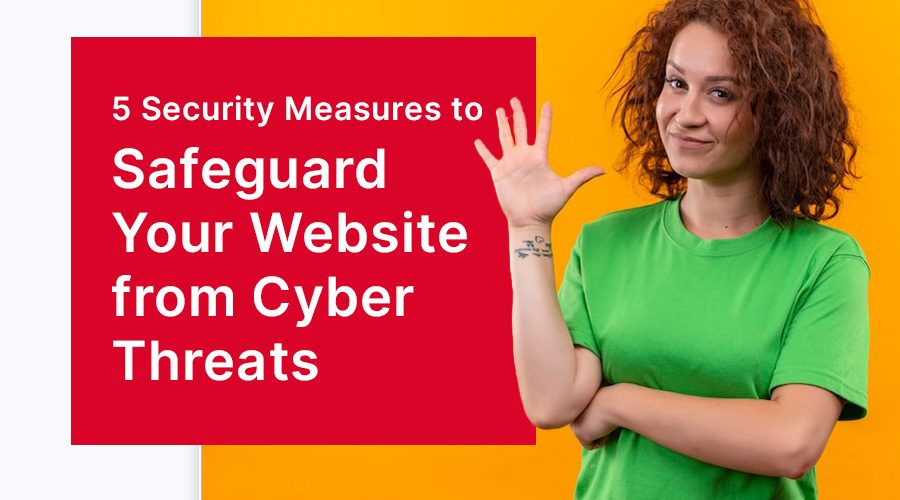Introduction
Have you ever left your front door wide open while you were out for the day? Sounds crazy, right? Well, having a website without the proper security measures is pretty much the same thing! The digital world can be as dangerous as the real one, with cyber thieves lurking in the shadows. So, wouldn’t it be wise to secure your website as you would your home? The answer is a big, resounding “Yes!”. In this post, we will share the top 5 security measures you can adopt to safeguard your website from those menacing cyber threats. Buckle up, and let’s ride together on this security roller coaster!
Table of Contents
- Regular Updates and Maintenance
- SSL Certificates
- Strong Password Policies
- Firewall Implementation
- Regular Backups and Monitoring
Regular Updates and Maintenance
Updating your website and its components is like giving your home a new coat of paint and fixing the creaky stairs; it keeps everything fresh and in working order. If you use a Content Management System (CMS) like WordPress, regular updates are crucial to keeping those cyber pests at bay. These updates often include patches to any security vulnerabilities, keeping your site safe from the latest known threats.
But wait, what about the various plugins and themes you’ve installed? Good question! Just as you maintain your home appliances, these, too, need frequent updates. Cybercriminals often exploit outdated plugins and themes to break into your site. So, keep an eye on those updates!
SSL Certificates
Ever noticed that little padlock in your browser’s address bar? That’s SSL, the digital version of a security guard standing by your door, keeping unwanted visitors out. SSL, or Secure Socket Layer, creates a secure connection between your website and its visitors, ensuring that any data transferred remains private and integral.
“But, how do I get this digital bodyguard?” You might ask. Well, it’s as simple as purchasing and installing an SSL certificate for your website. Nowadays, most web hosting providers offer this feature. Once installed, you can rest easy knowing that your visitors’ data is well-guarded against cyber bandits.
Strong Password Policies
Imagine if the keys to your house were as easy to copy as “1234”. Anyone could waltz right in! Similarly, weak passwords on your website are an open invitation to hackers. Implementing a strong password policy is like fitting your home with a state-of-the-art lock system. It can be the difference between keeping your digital home safe or falling victim to a cyber attack.
Encourage your users to create complex passwords, preferably with a mix of uppercase and lowercase letters, numbers, and symbols. Also, implementing two-factor authentication (2FA) adds an extra layer of security, much like a secondary lock.
Firewall Implementation
Think of a firewall as a strong, sturdy fence around your house, keeping out the bad guys. In the digital realm, a firewall scrutinizes incoming and outgoing traffic, blocking any suspicious activity. It’s like having a 24/7 digital watchdog protecting your website from harmful intrusions.
There are various types of firewalls, including network-based and host-based. Choosing the right one for your website depends on your specific needs. Remember, a well-implemented firewall is a tough nut to crack for most cyber miscreants.
Regular Backups and Monitoring
Having a backup of your website is like having a spare key to your house. If you ever get locked out (or in this case, locked down by a hacker), you can still get back in. Regularly backing up your website ensures that you can quickly restore it to a working state after a cyber attack.
In addition to backups, actively monitoring your website for any unusual activities is like having a CCTV system for your home. It allows you to spot and deal with any potential threats before they can cause significant damage. Numerous tools and services are available to help you keep a close eye on your website’s health.
Conclusion
Securing your website from cyber threats may seem daunting, but it’s not rocket science. It’s just about taking the right steps, much like safeguarding your home. Regular updates, SSL, robust password policies, firewalls, and frequent backups and monitoring are your go-to safety measures. And remember, we at Webnobby are always here to lend a hand. Our team of experts will help you implement these security measures, ensuring your website stays safe, secure, and always running smoothly.


